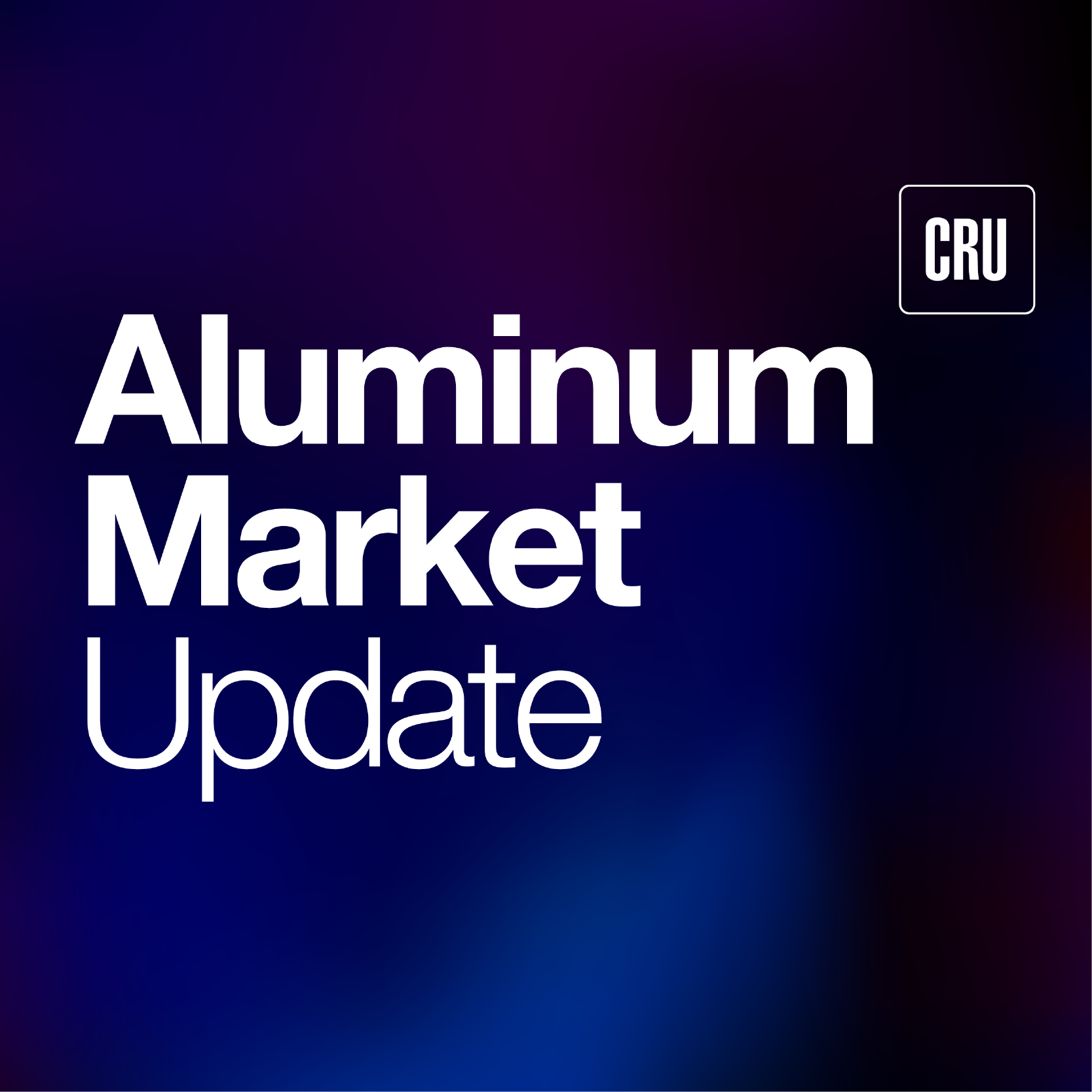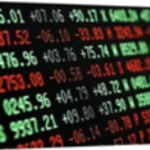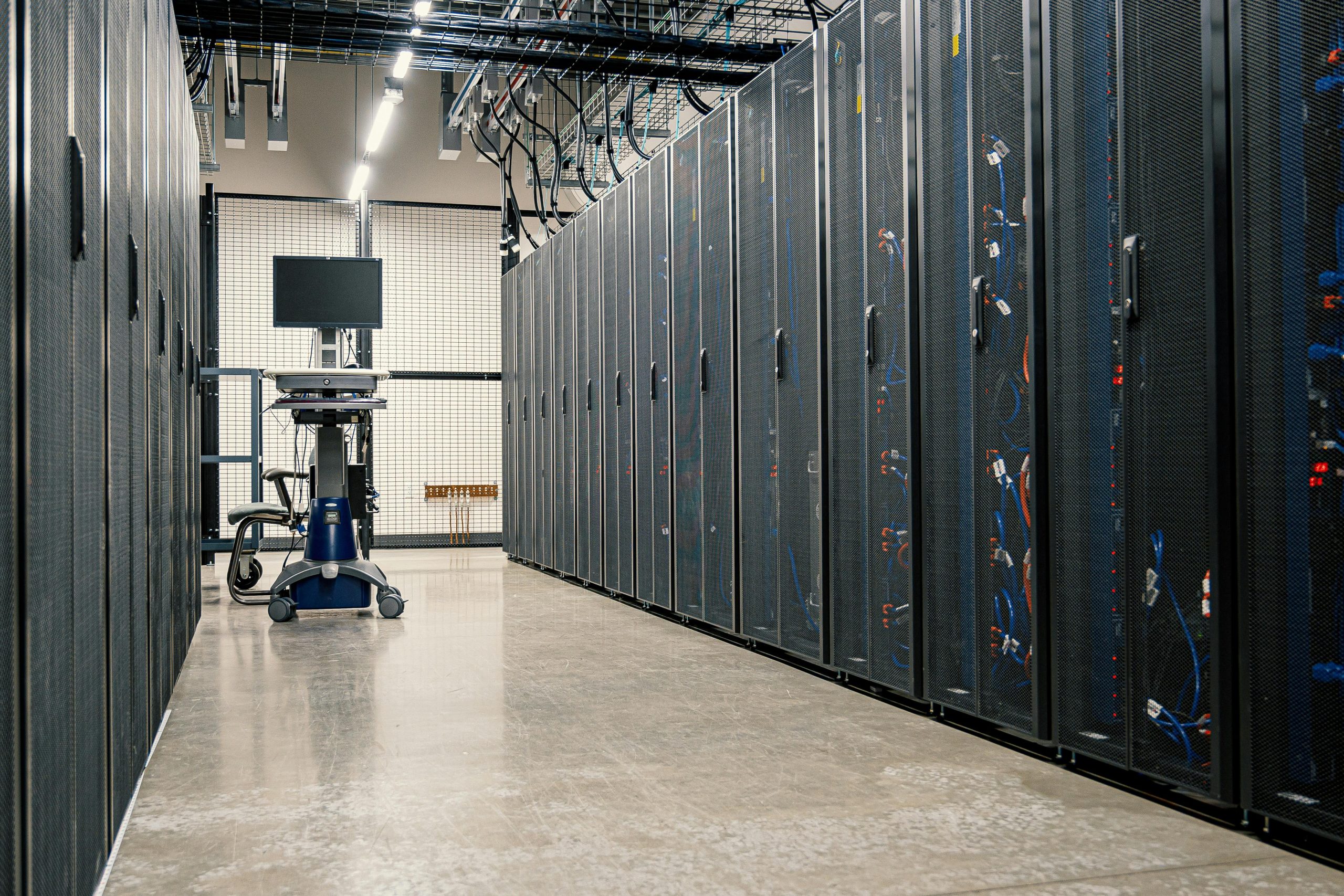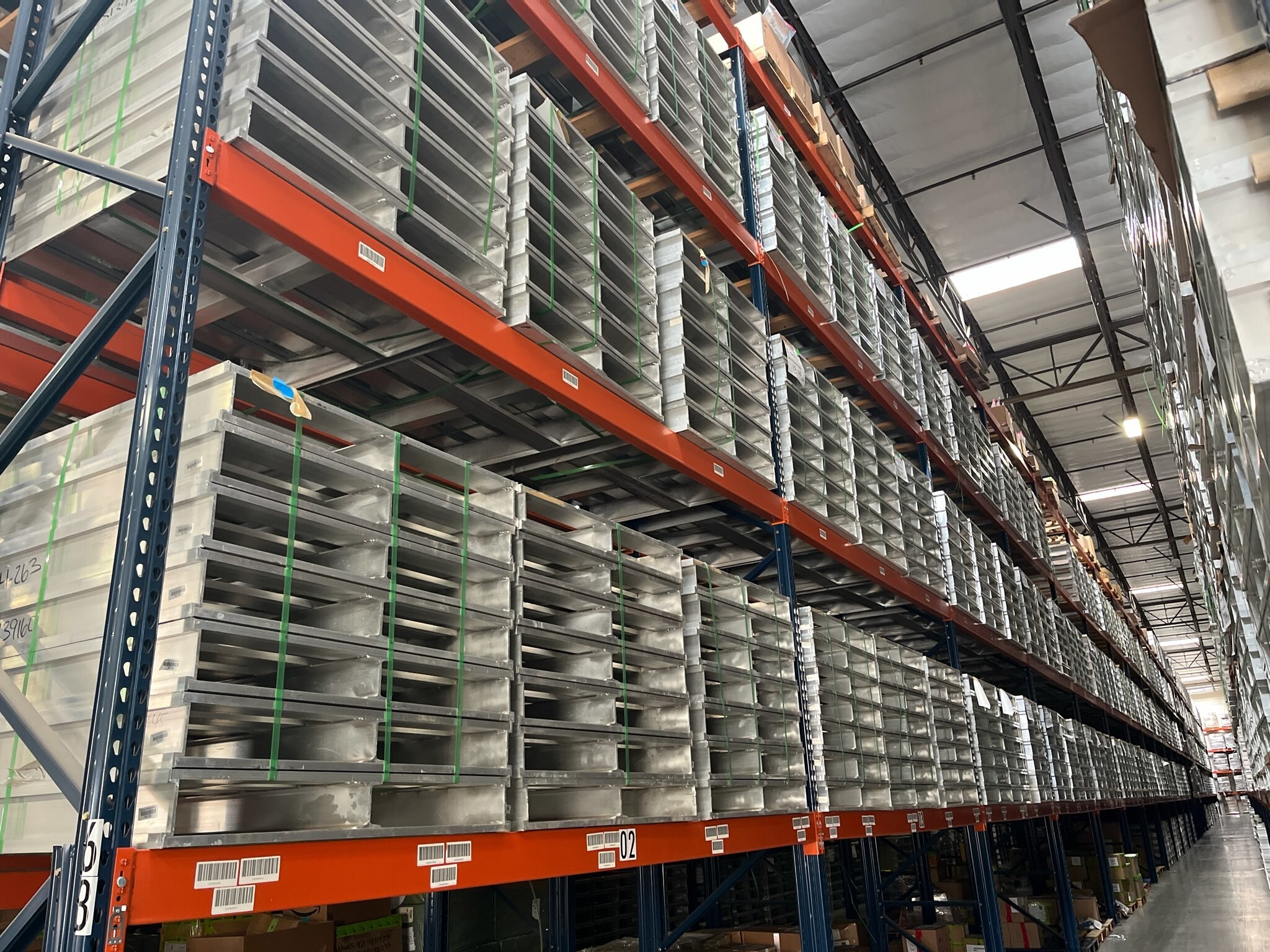Building & Construction

September 25, 2025
Value-added products update: Initial 2026 premiums offers
Written by Greg Wittbecker
For those of you who would have been active subscribers to AMU, you saw our commentaries on Secondary Aluminum Casthouses (week of Sept. 1-5) and Midwest Premiums (week of Sept. 8-15) where we began to hypothesize about increases coming in 2026 prices.
Those hypotheses are beginning to materialize as the industry completes some of its critical fall meetings.
Aluminum Extruders Council (AEC) Fall Management Meeting
The AEC held its fall session Sept. 16-18 in Atlanta. This meeting traditionally marks the kickoff of the “mating season” negotiations on billet.
Most extruders had a sense that billet prices for 2026 would be significantly higher even before sitting down in Atlanta. Some had been active in the spot market and reported seeing upcharges over Midwest P1020 being quoted and traded at 15-17¢ per pound.
Those casting extruders buying scrap for their internal casting operations were also well aware that scrap discounts to the Midwest transaction price unusually wide. This made it easy for them to conclude that toll conversion prices from scrap processors would have to be raised to reflect the large differential between scrap and billet.
Some prominent forecasts even raised the alarm that billet upcharges for 2026 could reach as high as 20-24¢/lb.
So when people met in Atlanta, it came as no surprise that the initial offers for billet and scrap tolling followed suit and moved higher as well.
Our sources indicated that billet offers ranged from 19-21¢/lb over the Midwest transaction price. Scrap toll conversions fees were indicated at 35-40¢/lb, depending on freight.
Not surprisingly, nothing was booked in Atlanta.
Expectations are that discussions could drag into November. The last time billet prices vaulted into 20¢/lb range in 2021-2022, extruders procrastinated until late November before pulling the trigger. We expect nothing different this time around.
Why the delay?
Two key factors explain why buyers are waiting:
- Spectro-EGA’s entry. People want to see what Spectro-EGA, which expanded operations at its Rosemount, MN facility earlier this year, will handle its ramped-up billet output. Will the partnership aggressively pursue market share or wait for secondary competitors like Matalco and Nanshan to show their hands? Given EGA’s extensive experience in this market, expectations are that Spectro will be agile in picking its spots.
- Century Aluminum’s positioning. People also want to see how Century will behave relative to Canadian and seaborne competition. Will they offer “domestic discounts” or push prices right up to import replacement levels? Logic suggests the latter, with no room for “hometown” deals.
Recycled Materials Association (ReMA) Roundtables
ReMA members gathered in Chicago Sept. 10-12 for their annual meeting, which traditionally kicks off negotiations between scrap processors, traders, casting extruders, and sheet mills.
Key themes
- Midwest P1020 premiums: The surge in premiums has widened scrap spreads considerably.
- Export ban concerns: Debate over a proposed ban on certain scrap exports, especially used beverage cans (UBCs).
- High-silicon castings: Growing concern over pricing of high-silicon casting scrap components.
- Shorter pricing windows: Sellers remain reluctant to commit to annual supply agreements, preferring to fix spreads closer to shipment dates.
Scrap spreads leading to shorter windows to fix prices
The widening of the scrap-to-primary spread will have a decided effect on the pricing of annual supply agreements. No seller is willing to commit at historically low scrap-to-prime levels, and this year will be no exception.
Instead, we expect that sellers only to agree to annual baseline volumes with mills, while reserving the right to settle the actual spread shortly before the start of each quarter. Some particularly conservative sellers may even push to set spreads one month prior to shipment in order to limit their exposure.
The export scrap ban
The idea of an export ban on UBCs was not well received by processors or traders. This is a sector that thrives on flexibility and the ability to sell when, where, and to whom they choose. Any restriction is viewed as a direct threat.
Critics question the timing: why propose a ban when UBCs are trading at less than 50% of the Midwest transaction price? Logic suggests that banning exports could actually drive domestic prices even lower, discouraging collectors and reducing the recycling rate.
High Silicon Output from Sortation- A New Pricing Challenge
For years, sortation logic has been to pull extrusion alloys (6061, 6063) and unwrought sheet alloys (3003, 5052, other 6XXX series) out of zorba feedstock. These fractions command a premium, representing about 40% of the total stream.
But what’s now emerging is pushback from buyers: they don’t want the remaining 60% that’s mostly high-silicon castings. Buyers used to take zorba for its broader alloy mix; when that’s mixing, the residual high-silicon fraction isn’t worth the same money.
As some have bluntly said: “Why buy this when I can just keep buying zorba and get the alloys I need?”
This new calculus suggests the combined value of extrusion and unwrought fractions will need to rise enough to offset a steeper discount for the high-silicon portion.
This is an evolving story, and we’ll continue digging to determine what the discount might be.
Why this matters
Total metal cost over LME approaches $1.00 per pound
Billet costs remain central to extruder margins. For 2026, the situation looks like a replay of 2021-22, when stiff upcharges forced extruders to embed those costs into profile pricing.
The unique challenge now is that 2026 upcharges are being layered onto an already hyper-elevated Midwest P1020 premium. Combined, this pushes all-in metal costs to nearly $1.00 per pound over the LME, setting the stage for some very expensive extrusions.
Scrap spreads remain very vulnerable
As wide as scrap spreads are today, there is little indication they will narrow anytime soon. Section 232 tariffs appear durable, which will keep Midwest premiums elevated and leave scrap discounts on the defensive.
Scrap ban: Tough sell and potentially damaging
Arguments around national security and the need to safeguard “metal units” continue, but it is difficult to make the case when UBCs are trading at just 50% of the Midwest transaction price. That does not suggest a metal unit shortage.
Imposing a ban could actually reduce collections if domestic prices fall, and experience shows that boosting recycling rates is already very difficult. Scrap processors and dealers would also be angered by such a move.
Will they stop selling? No, because they are pragmatists. But they have long memories, and when winter comes and cans get tight, revenge is a dish best served cold.








